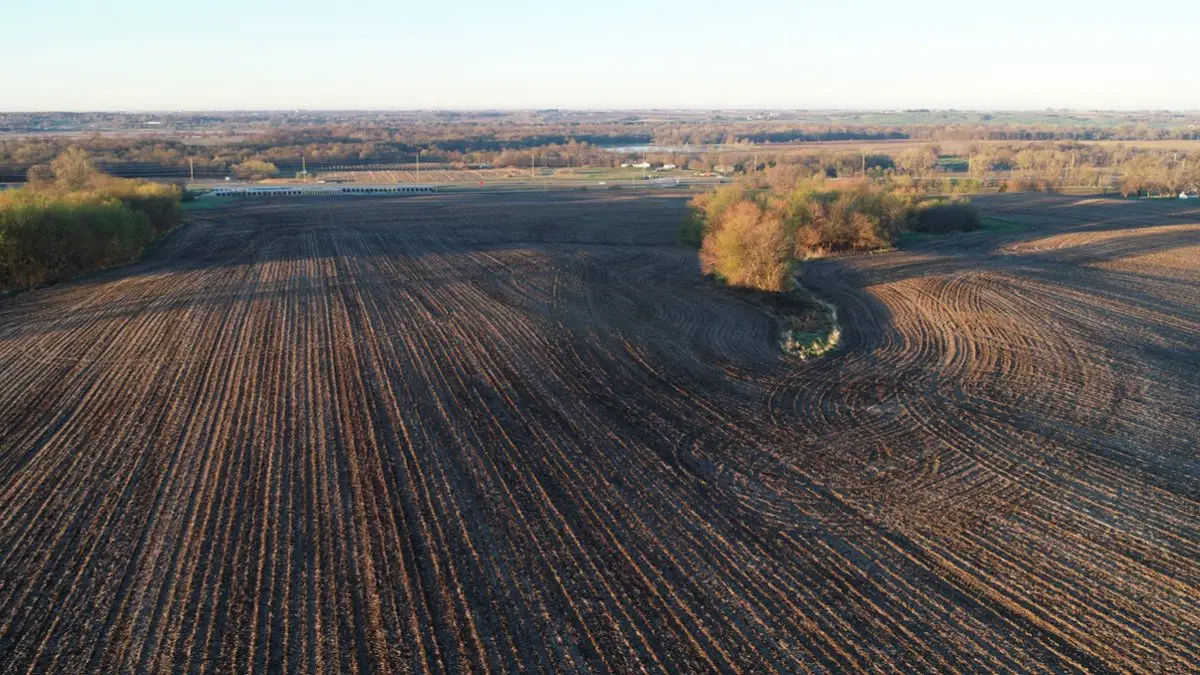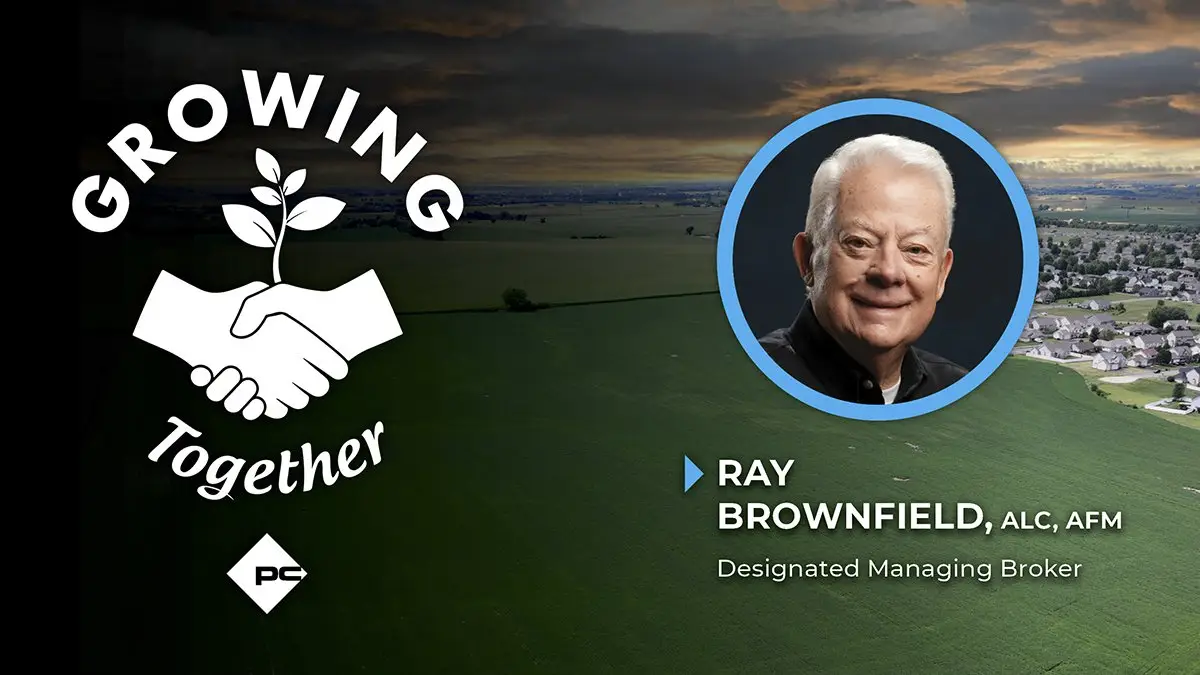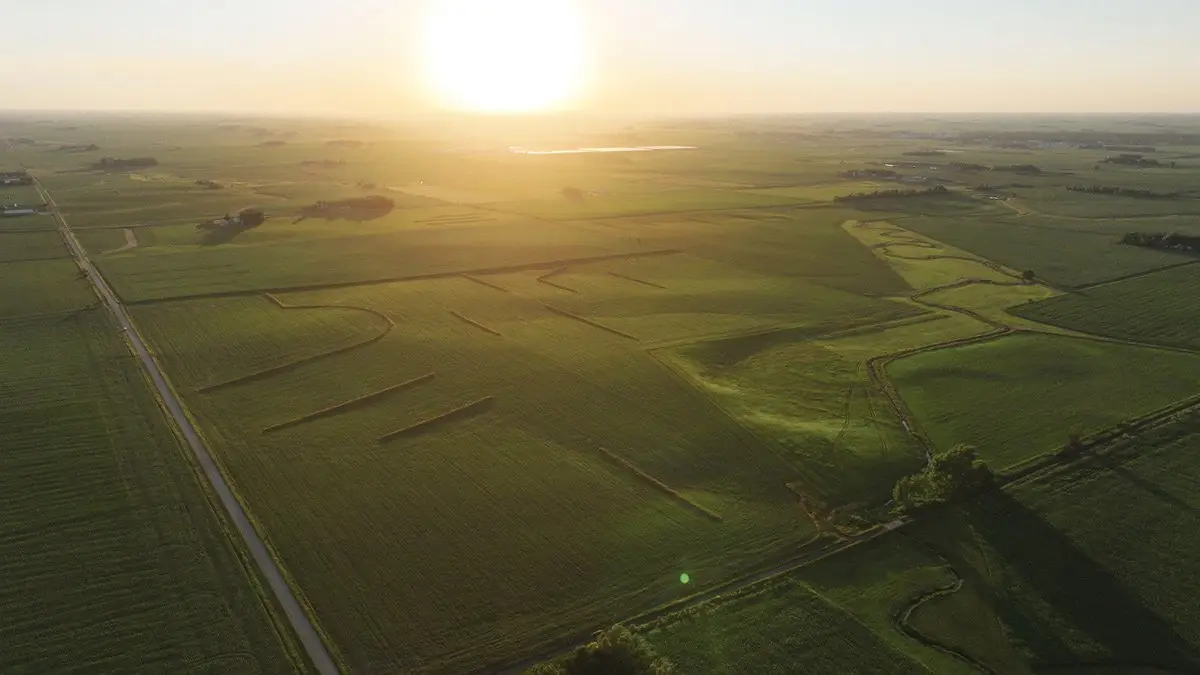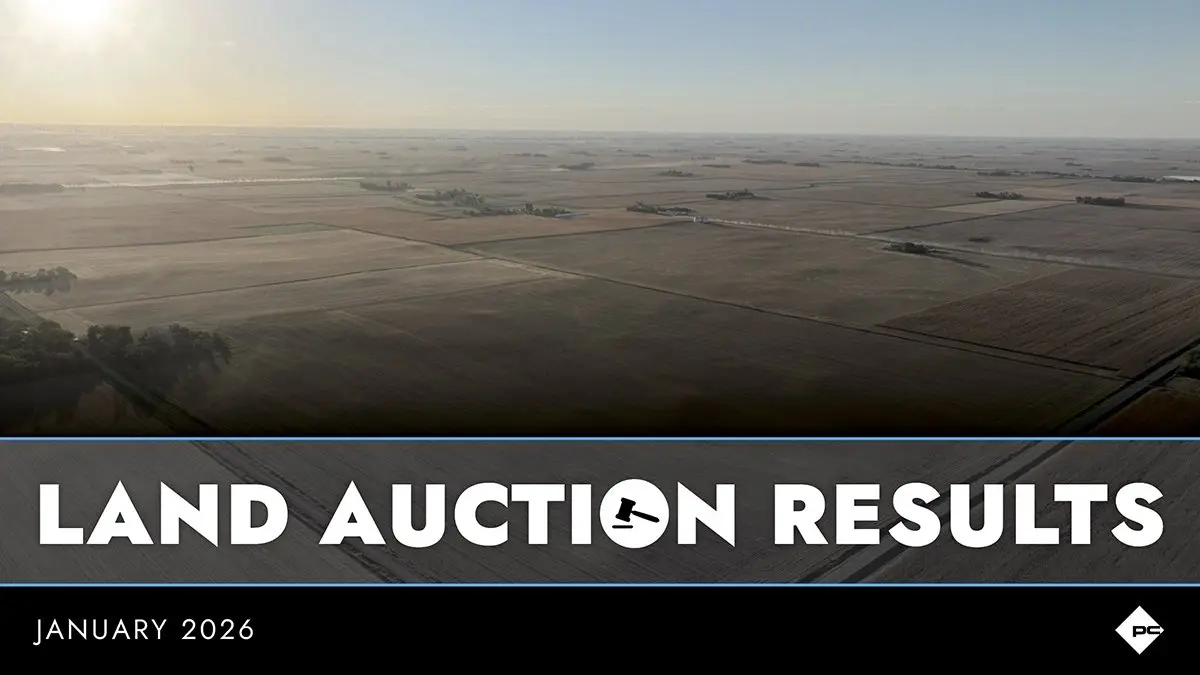The 2025 farming season in the Delta region is proving to be one of the most difficult in recent years - and that is saying something. Landowners across Louisiana, Mississippi, and Arkansas are watching their tenants shift crop strategies, struggle with flood damage, and continue to tighten their belts as economic conditions remain strained.
Crop Mix
One of the clearest trends this year is the sharp decline in cotton acreage across the region. In Louisiana, cotton plantings are expected to drop by nearly 30%. Mississippi and Arkansas are seeing similar cuts as farmers move toward corn, which currently offers better price potential or, at the very least, smaller losses.
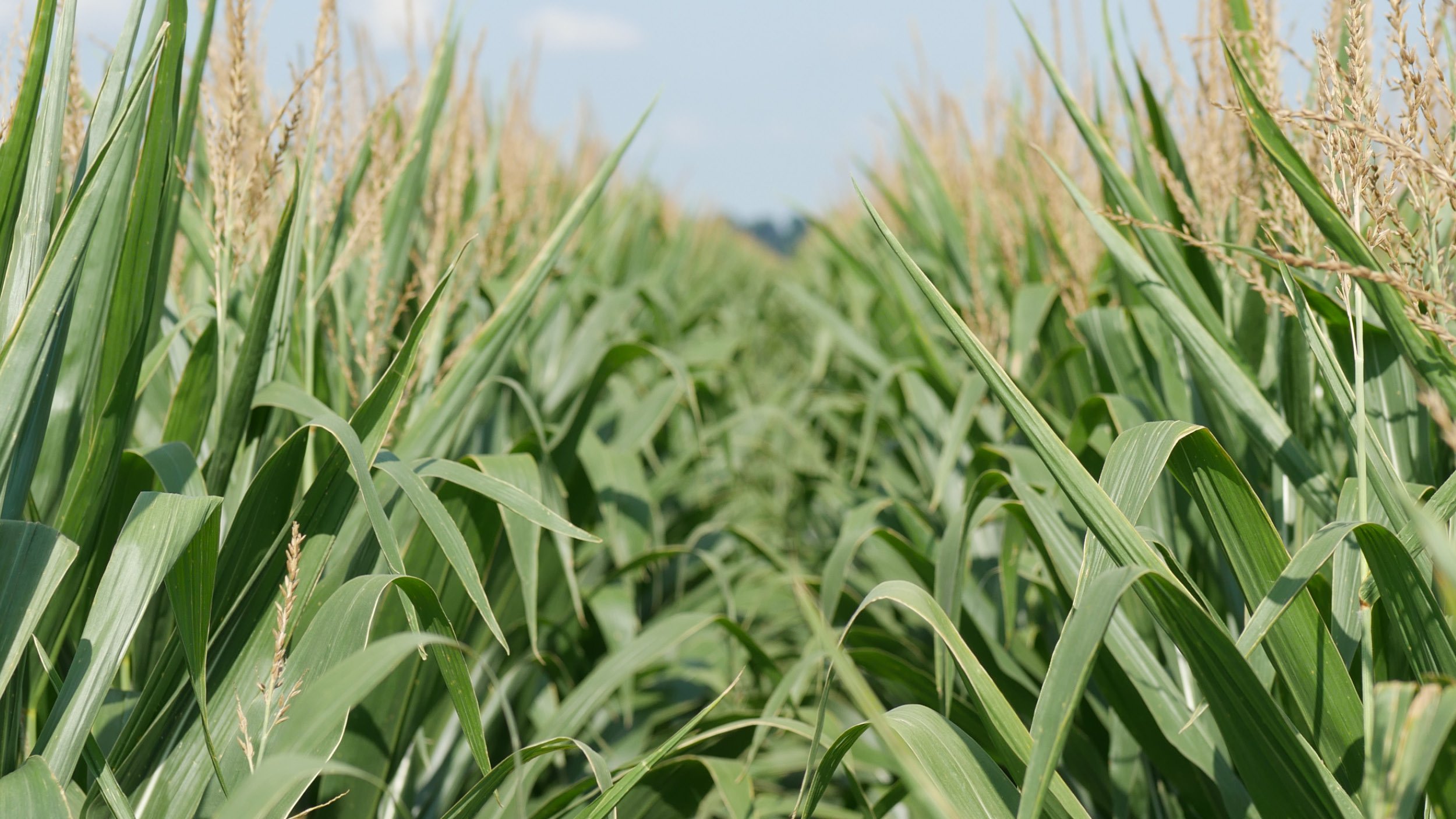
Soybeans continue to hold their ground as a leading crop in Mississippi and Arkansas, but are definitely less favorable with prices hitting a multi-year low. For many farmers, it’s a matter of survival and corn offers a better shot at breaking even under today’s tight margins.
Rice remains a staple crop in both Arkansas and Louisiana, gaining popularity for current pricing and better yield consistency. In Louisiana, rice farmers are increasingly embracing earlier planting windows across the state to maximize yields. This practice is gaining ground thanks to improved fall field preparation and reduced tillage. However, rice seed availability has become a major concern, especially in Arkansas and Northeast Louisiana. After two years of heavy rice planting, seed supplies are tight, forcing some growers to accept less desirable varieties or shift acreage to soybeans or other crops. As a landowner, this could mean unexpected changes in crop plans, even on long-standing rice fields.
Flooding Disruptions
In early April, severe flooding inundated parts of eastern Arkansas, submerging over 250,000 planted acres and causing an estimated $79 million in damage. Levees failed, planted fields were lost, and in some cases, infrastructure was destroyed. Some areas are still too wet for equipment, and replanting will be slow and costly. Mississippi and Louisiana experienced less damage but were not untouched by this excessive rainfall. Fields in flood-prone zones remain a concern, and some spring planting windows have already been missed. Don’t be surprised to see increased crop insurance income this year on your income sheets.

Economic Pressure
Many Delta farmers entered 2025 already in the red. High input costs, weak commodity prices, rising interest rates, and slow-moving federal aid have created a perfect storm. Farm equipment auctions are up, and some generational farms have made the tough call to exit altogether. Banks are tightening their requirements, and operating loans are harder to secure. In this environment, even strong yields aren’t enough to guarantee profitability.
Landowner Considerations
If you lease land to farmers in the Delta, 2025 is a year to stay involved, stay flexible, and hunker down.
Be present – there has never been a time when boots on the ground are more essential. It’s a great time to consider land management if you don’t have it already.
Reevaluate Lease Structures: High cash rent agreements are likely not sustainable. Consider a crop-share or flex lease agreement that reflects real farm income and recognizes the struggle of the Delta farmer and helps share the load.
Support Rotation and Flexibility: Your tenant might switch a cotton field to corn or pull rice from one field due to seed shortages. Be prepared for these changes and how they may impact your budgeted income for the season.
Invest in Resilience: Drainage improvements, levee repairs, and conservation practices aren’t just good for farming—they protect your long-term land value and help support your farmer and his/her yields in tough years.
Communicate: Understanding your tenant’s financial situation helps you make smarter decisions about lease renewals, improvements, or restructuring terms if needed. This also goes back to being present – it is easier to lie over the phone than lie to someone’s face. The best way to protect yourself and mitigate risk is to have all of the information. A land manager is a great tool for this if you don’t have the time and/or knowledge base to navigate these conversations with your tenant.
Looking Ahead
The 2025 season is full of uncertainty, but it’s also proving just how adaptable Delta farmers, and their landowners, can be. By staying informed, staying flexible, and focusing on long-term land value, landowners can weather the storm alongside their tenants and be ready for better seasons ahead. From altering planting dates to reshuffling crop plans, Delta growers are doing what they’ve always done: finding a way forward through tough times, one decision at a time.
Please contact Julie Boggs to discuss your land management needs in the Delta region.





